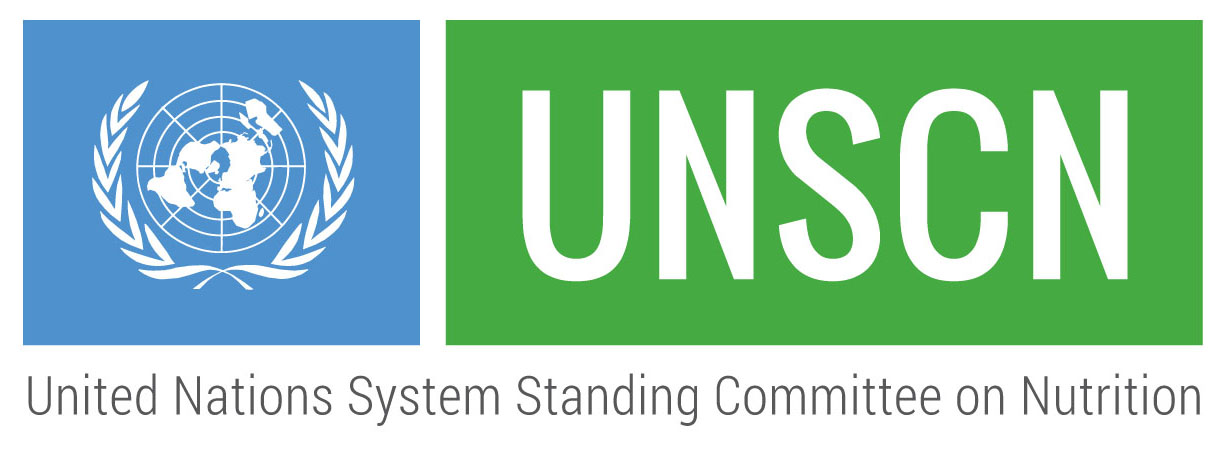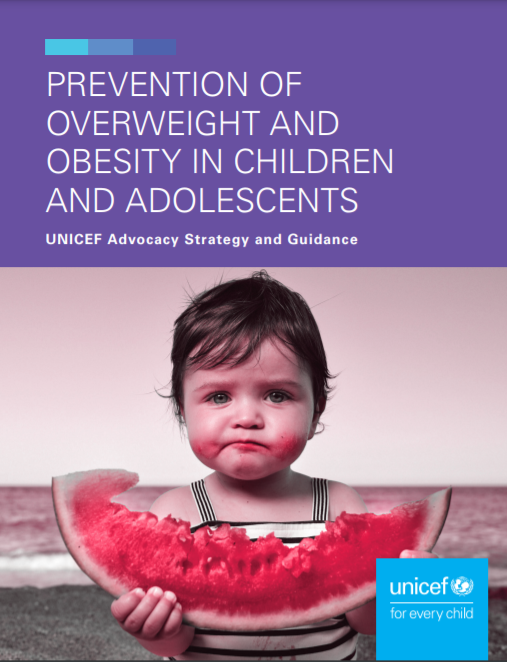Methods, Tools and Indicators
Actions and Accountability to Advance Nutrition and Sustainable Development, The Global Nutrition Report 2015

The Global Nutrition Report 2015 is a report card on the world’s nutrition—globally, regionally, and country by country—and on efforts to improve it. It assesses countries’ progress in meeting global nutrition targets established by the World Health Assembly. It documents how well countries, aid donors, NGOs, businesses, and others are meeting the commitments they made at the major Nutrition for Growth summit in 2013. And it spells out the actions that are proven effective in combating malnutrition in all its forms.
The 2015 report makes it clear that global progress to reduce malnutrition has been slow and uneven. Nearly half of all countries face multiple serious burdens of malnutrition such as poor child growth, micronutrient deficiency, and adult overweight and obesity. No country is on track to achieve the global nutrition targets established by the World Health Assembly. Some countries, however, have made notable progress and the Report seeks to understand the factors that contributed to improvements.
The second in an annual series, the Global Nutrition Report 2015 also highlights the critical relationship between climate change and nutrition, as well as the pivotal role business can play in advancing nutrition. It considers how countries can build food systems that are more nutrition friendly and sustainable.
With a wealth of data and analysis, the report aims to improve accountability among the governments, institutions, businesses, and others whose actions affect people’s nutrition. It is accompanied by extensive supplementary online data, including nutritional profiles for 193 countries, 6 regions, and 22 subregions.
Download the publication in English, French, Portuguese, Spanish and Japanese here. The Synopsis is also available in Russian and Bengali.





